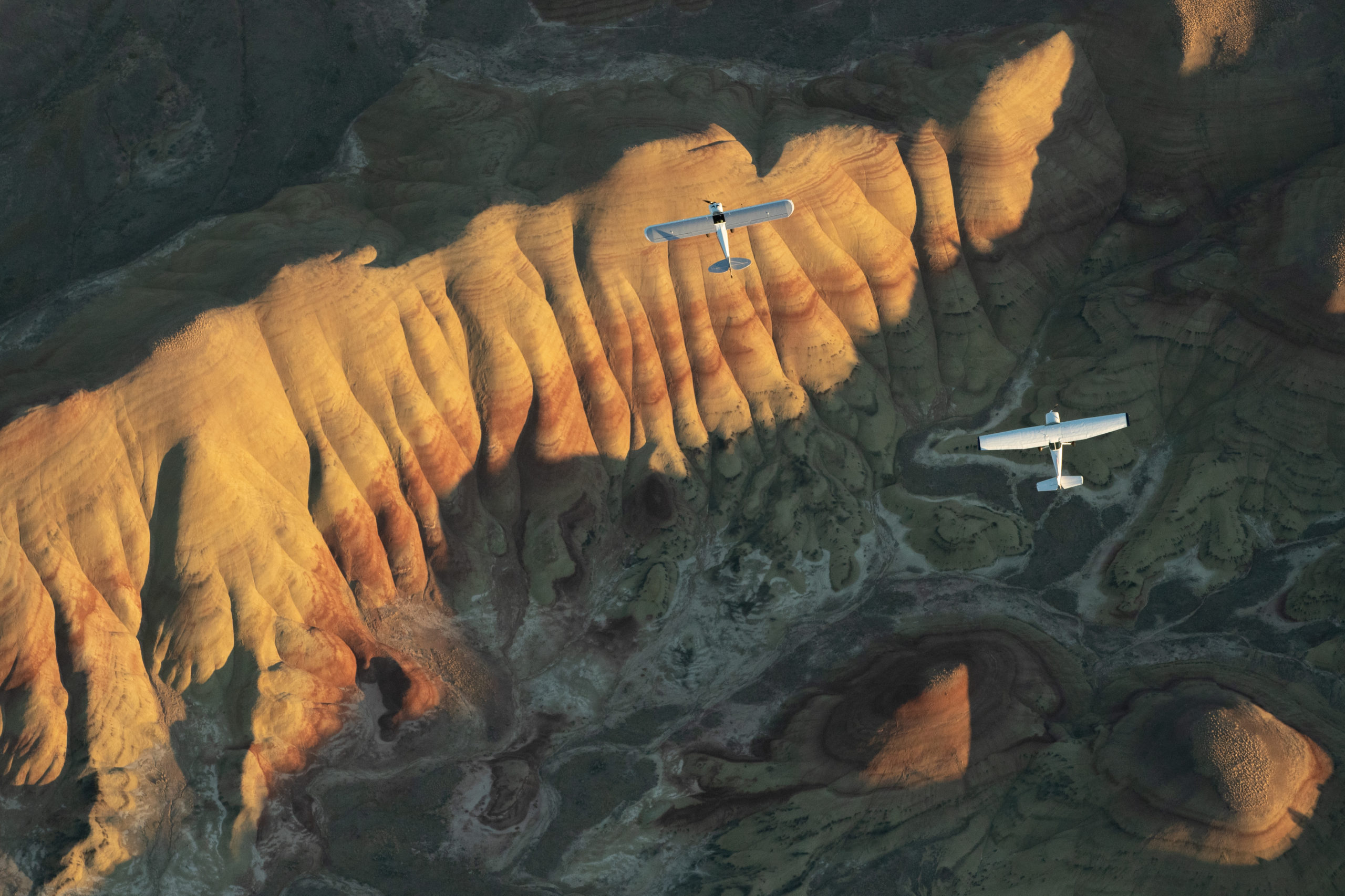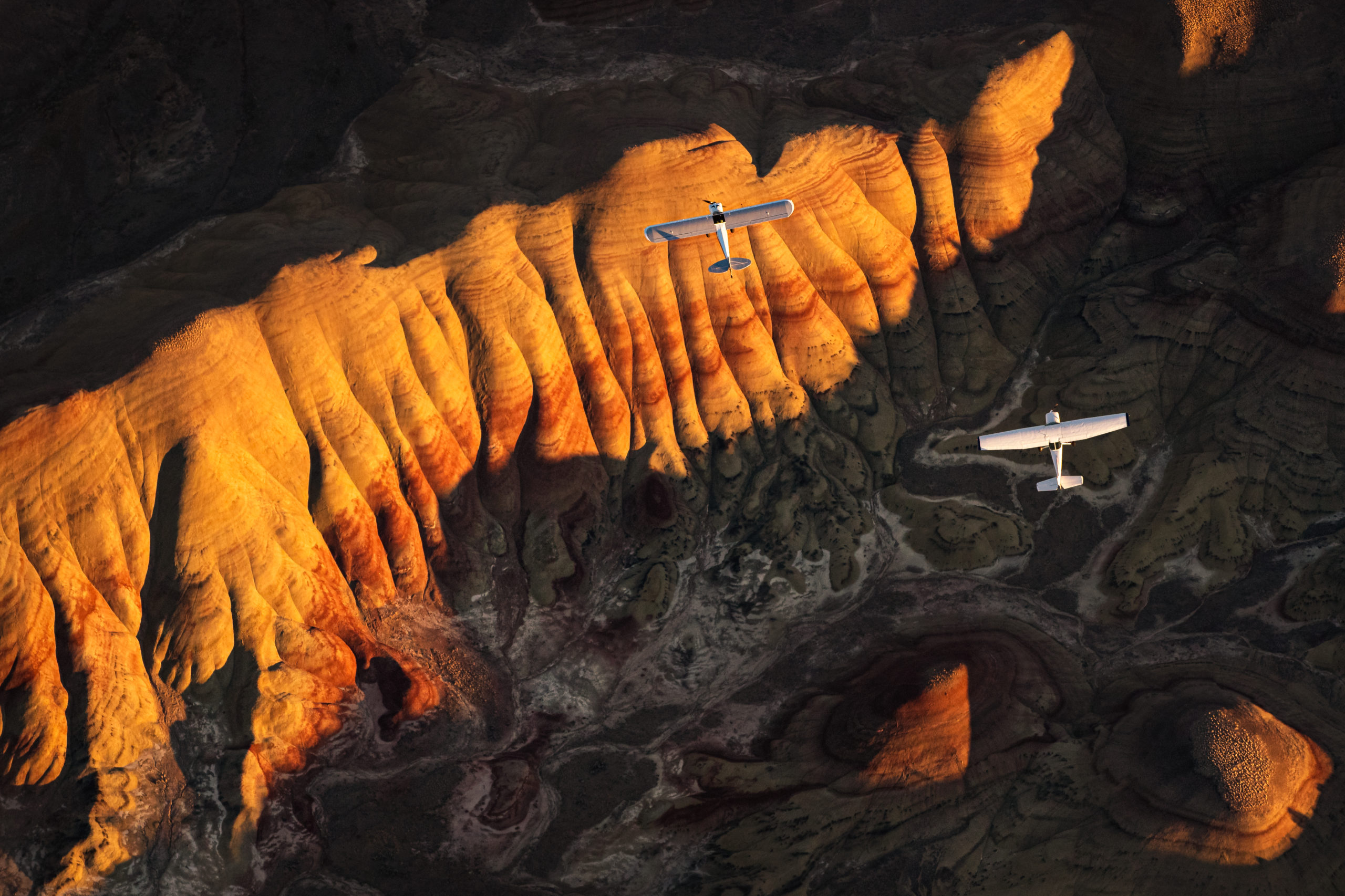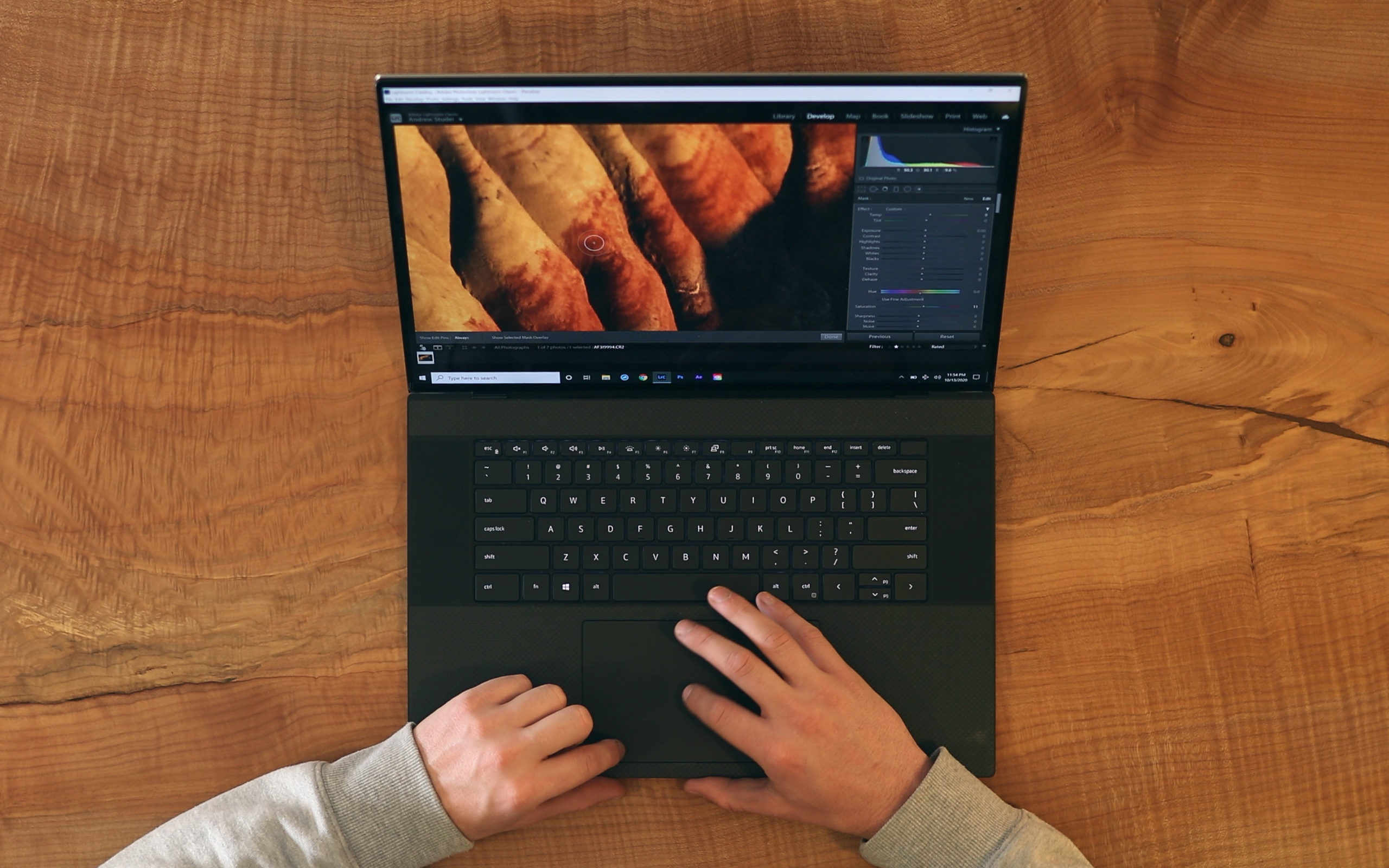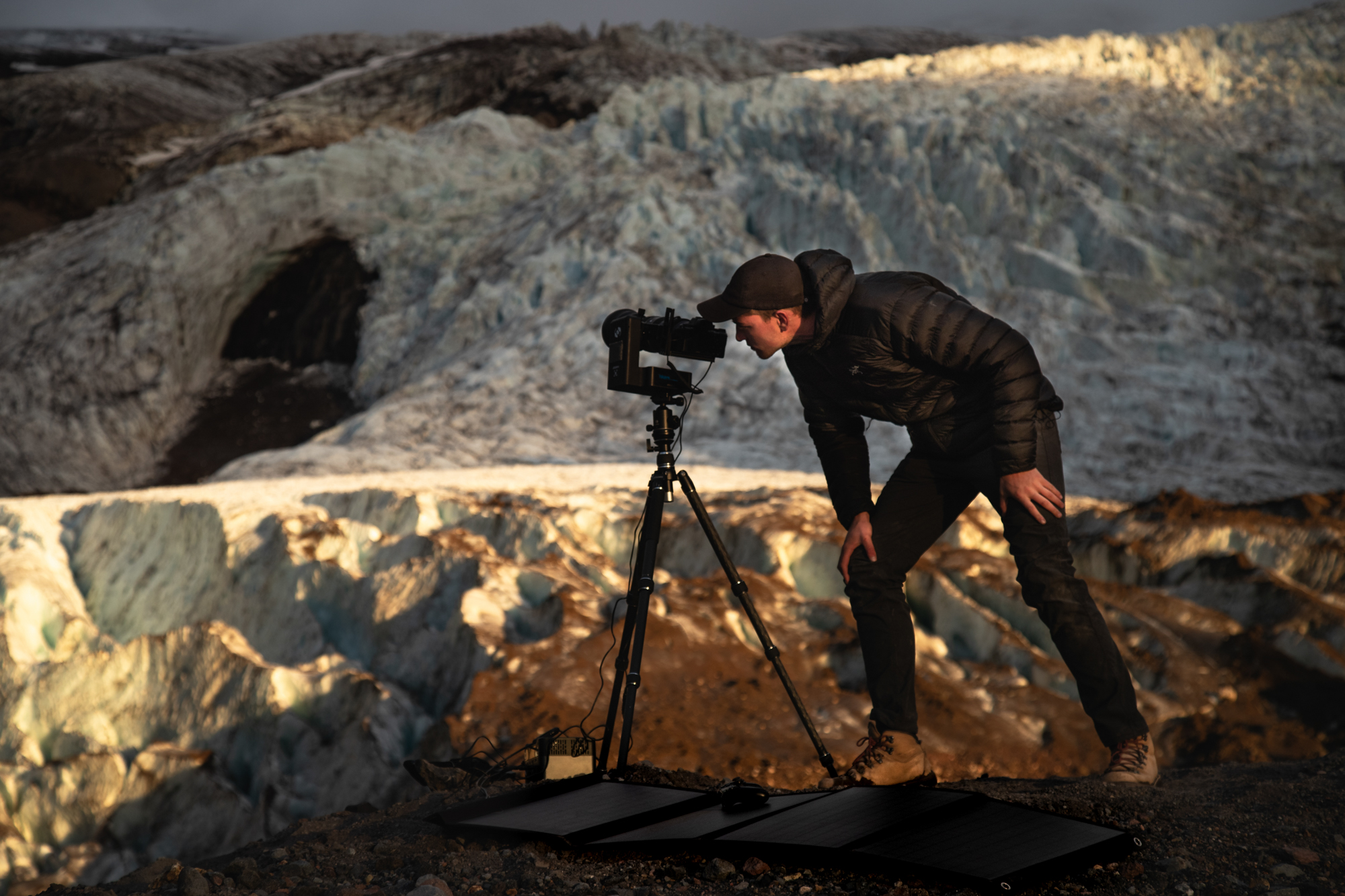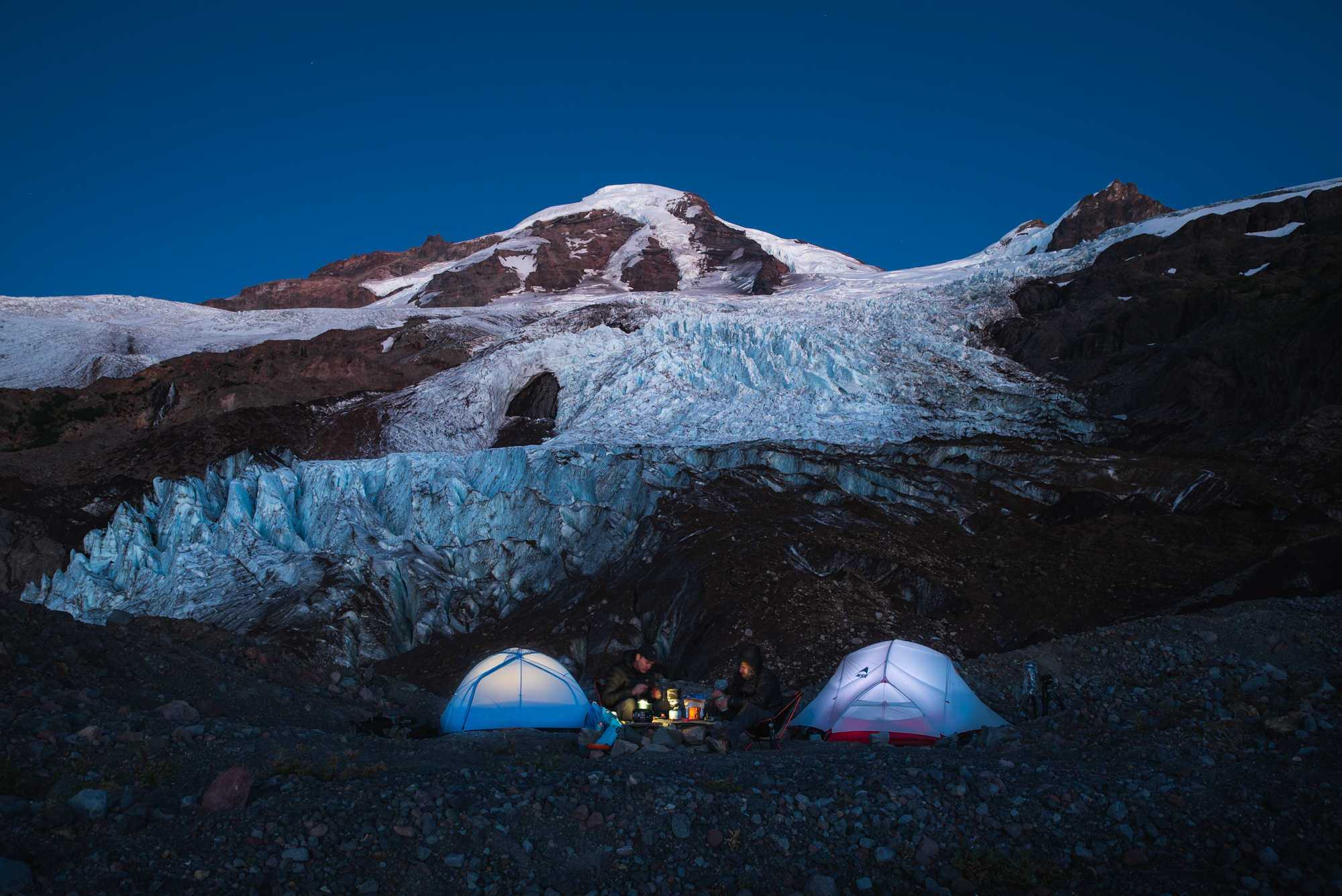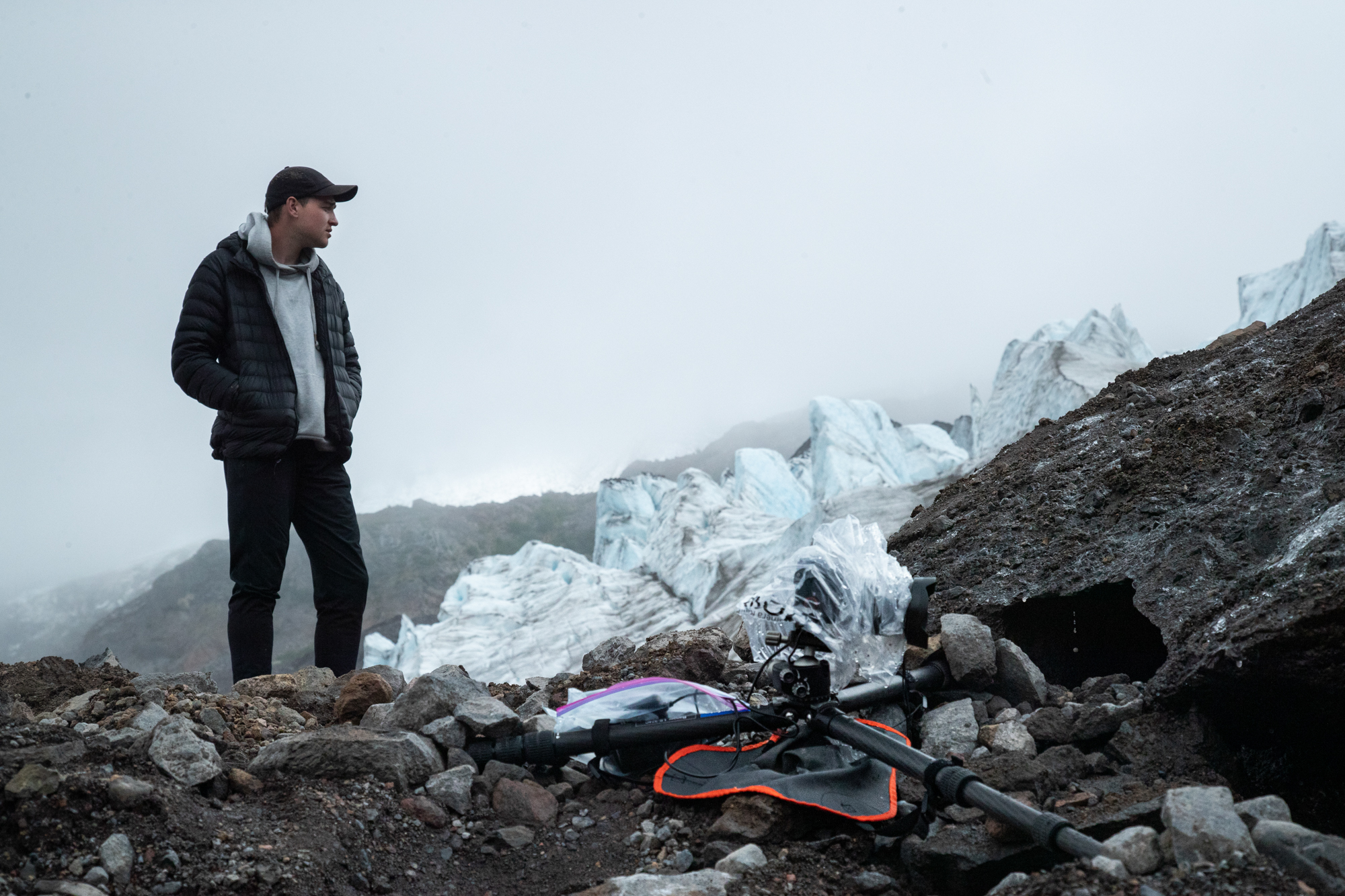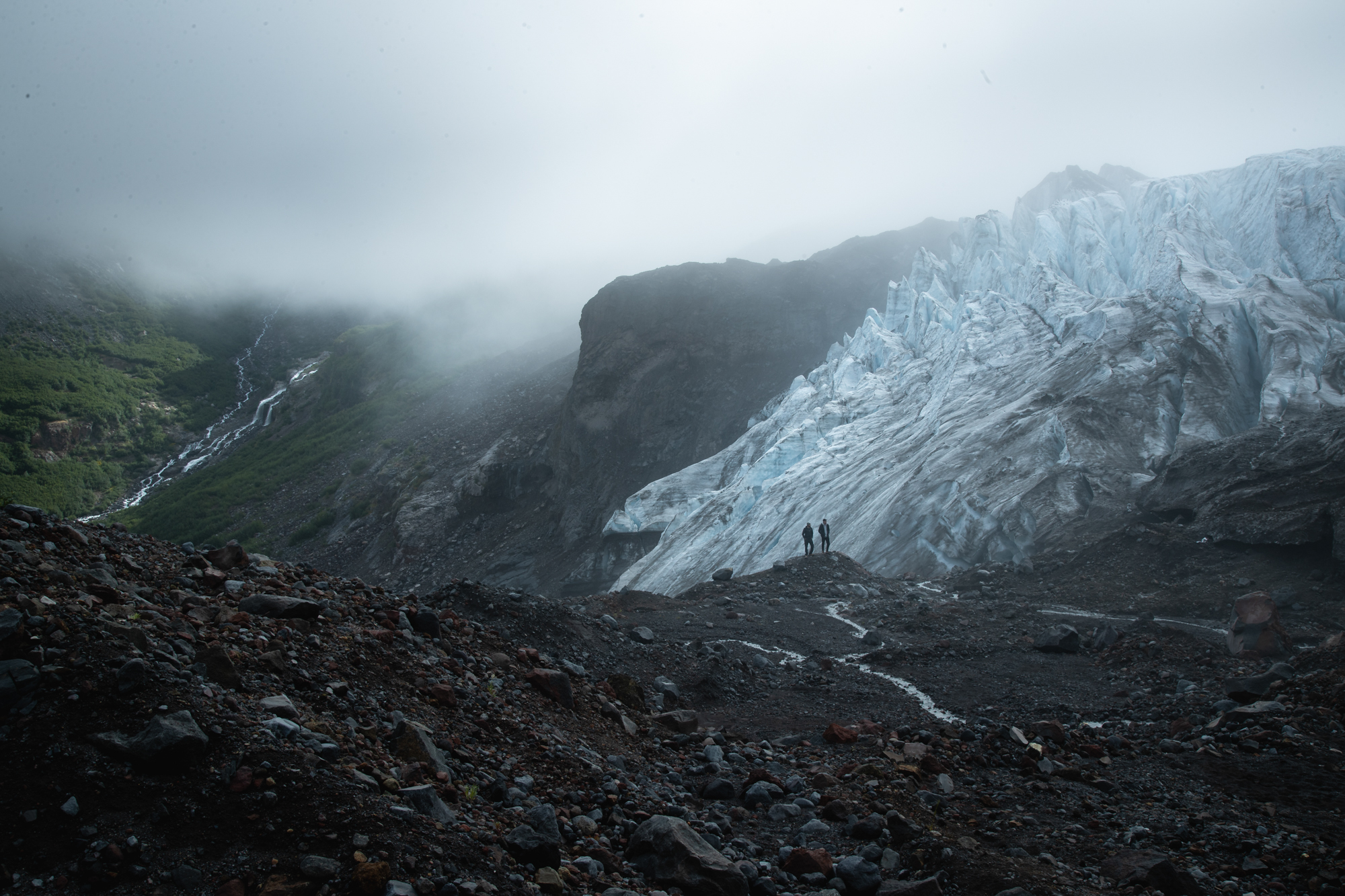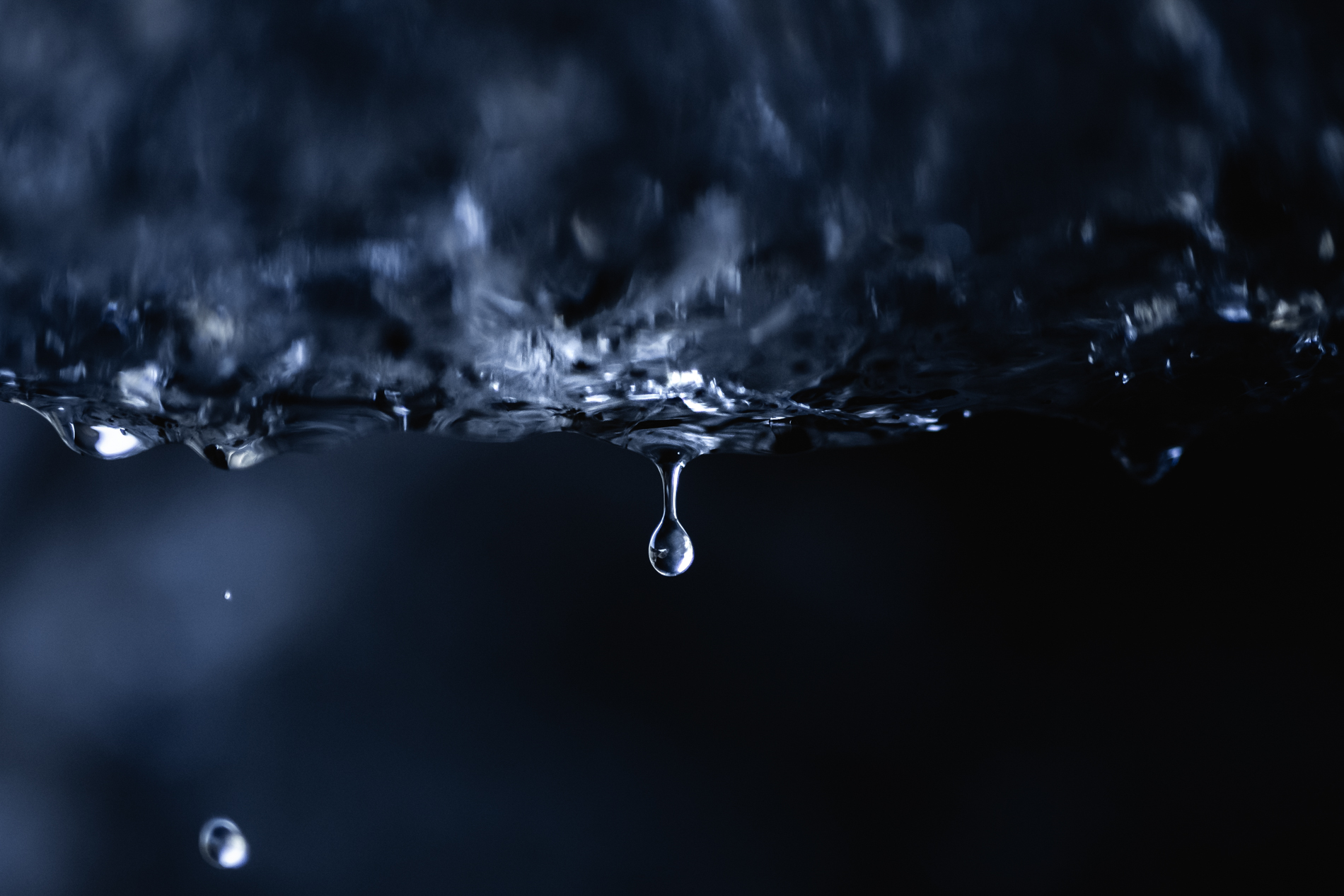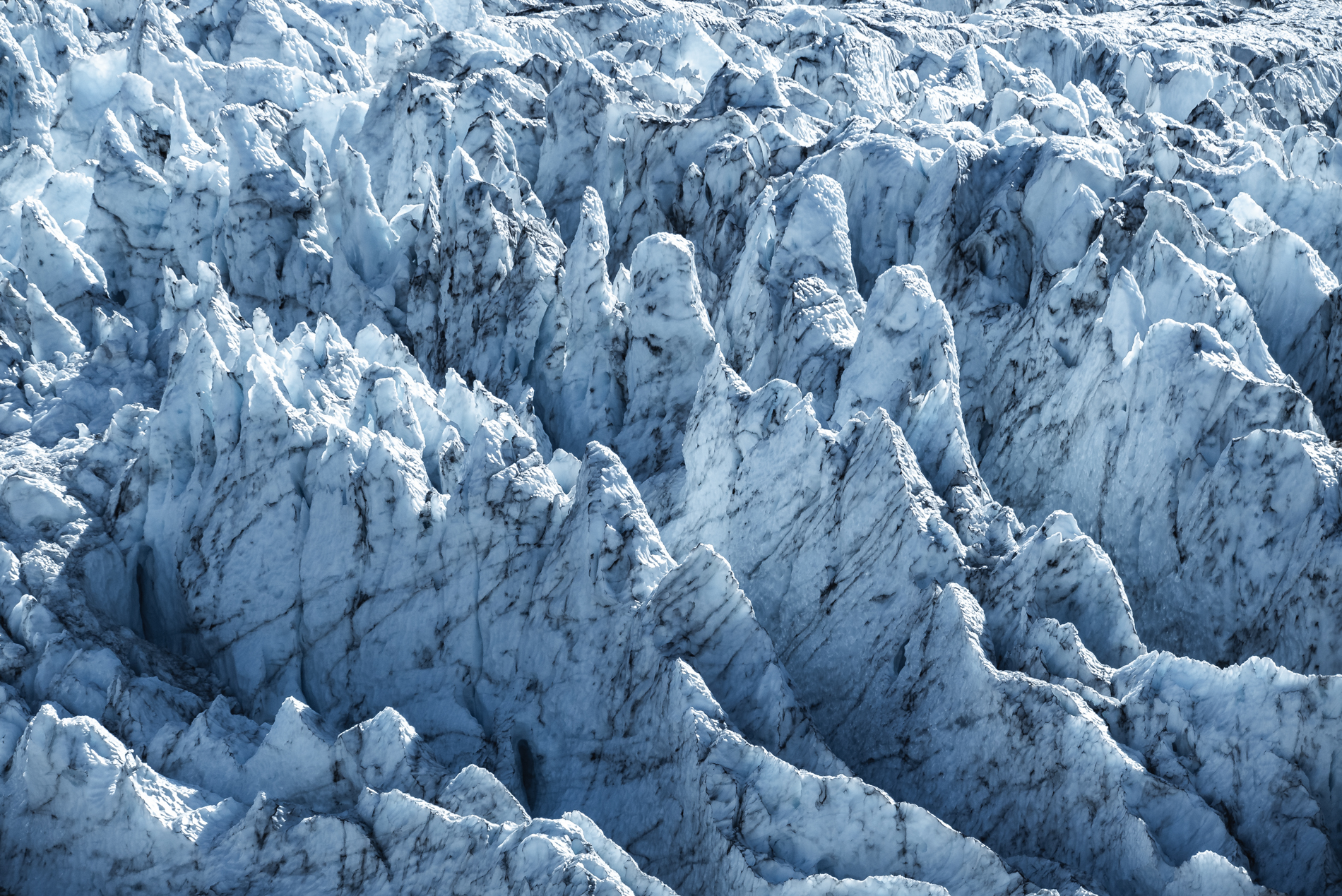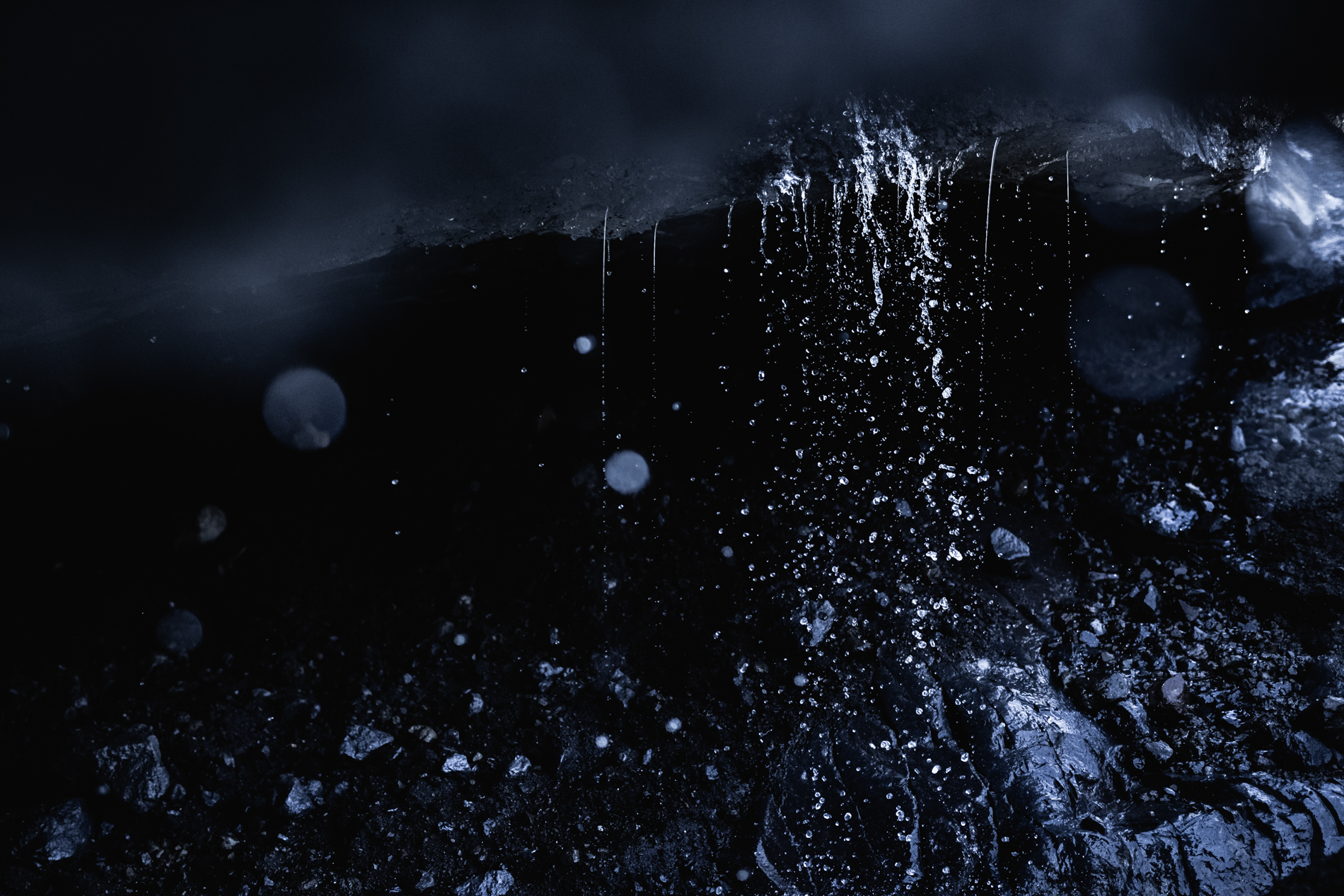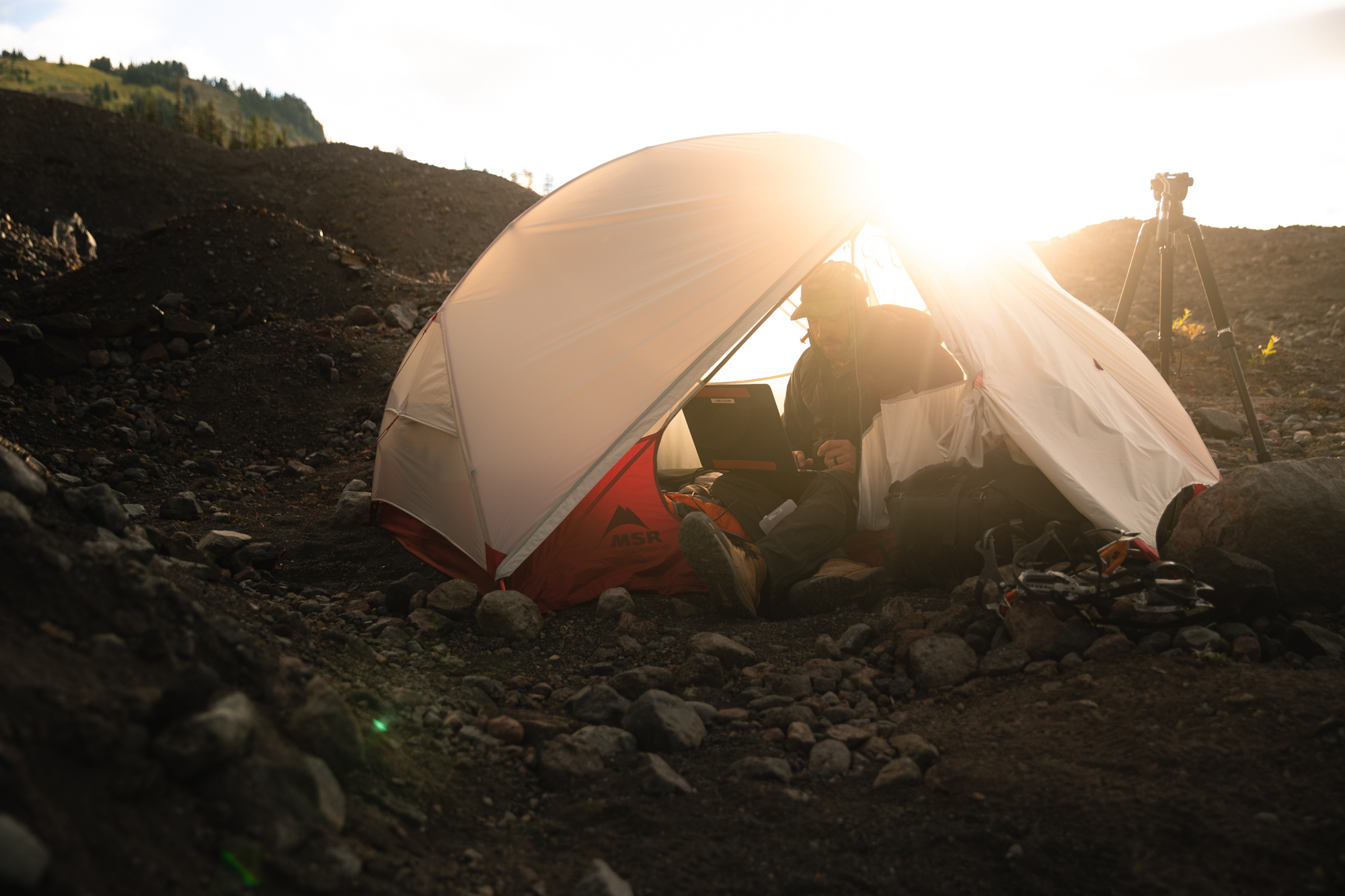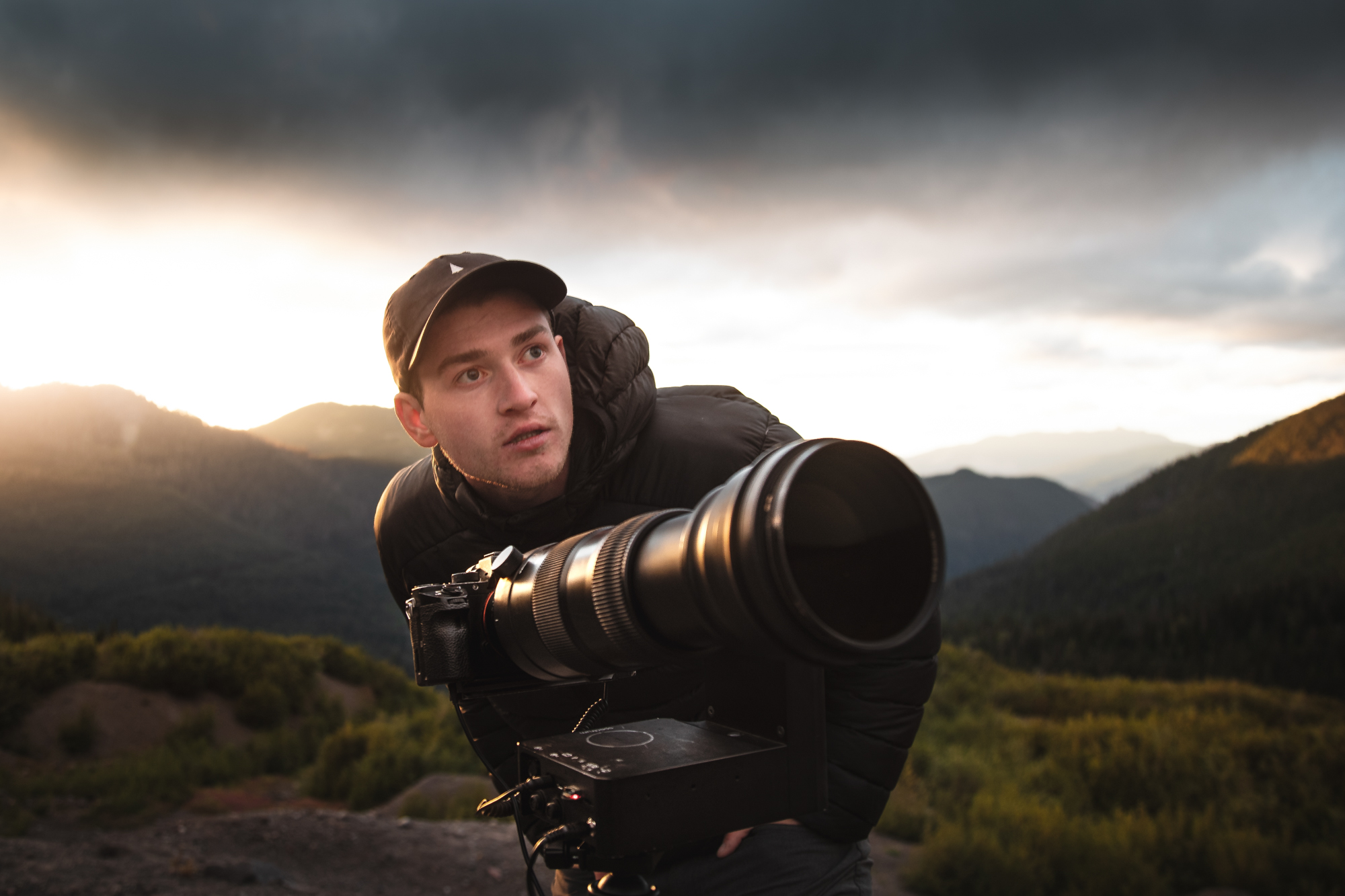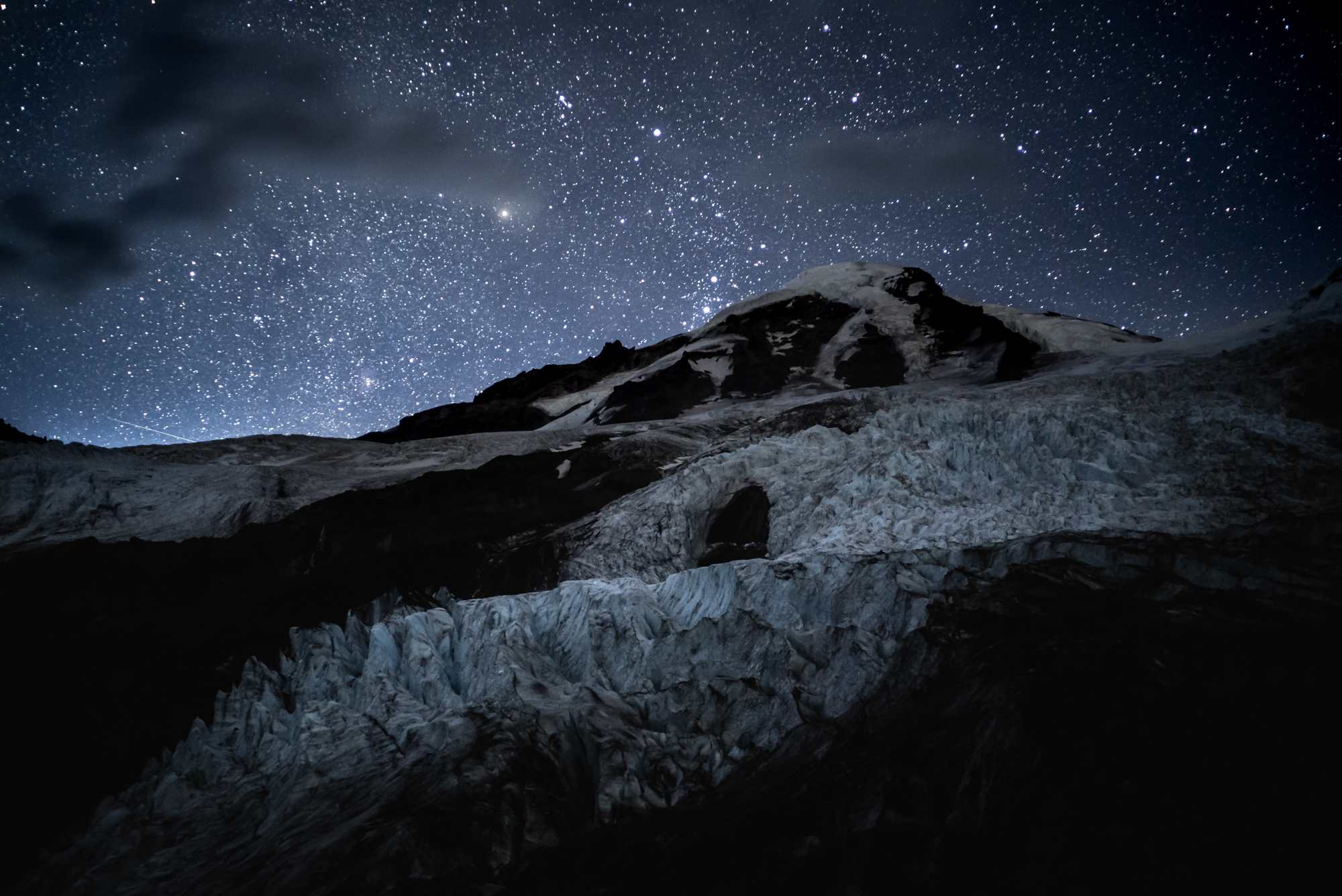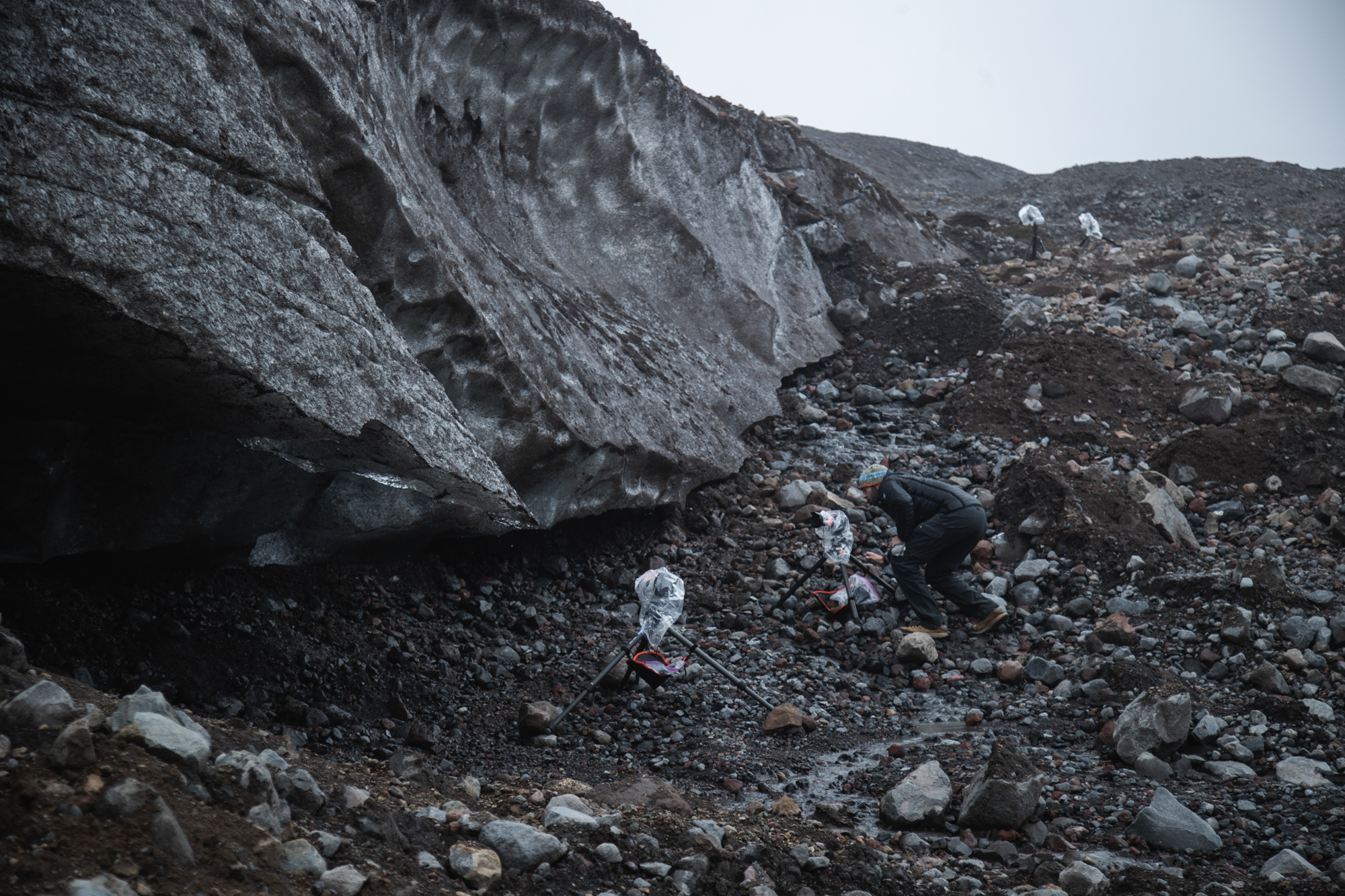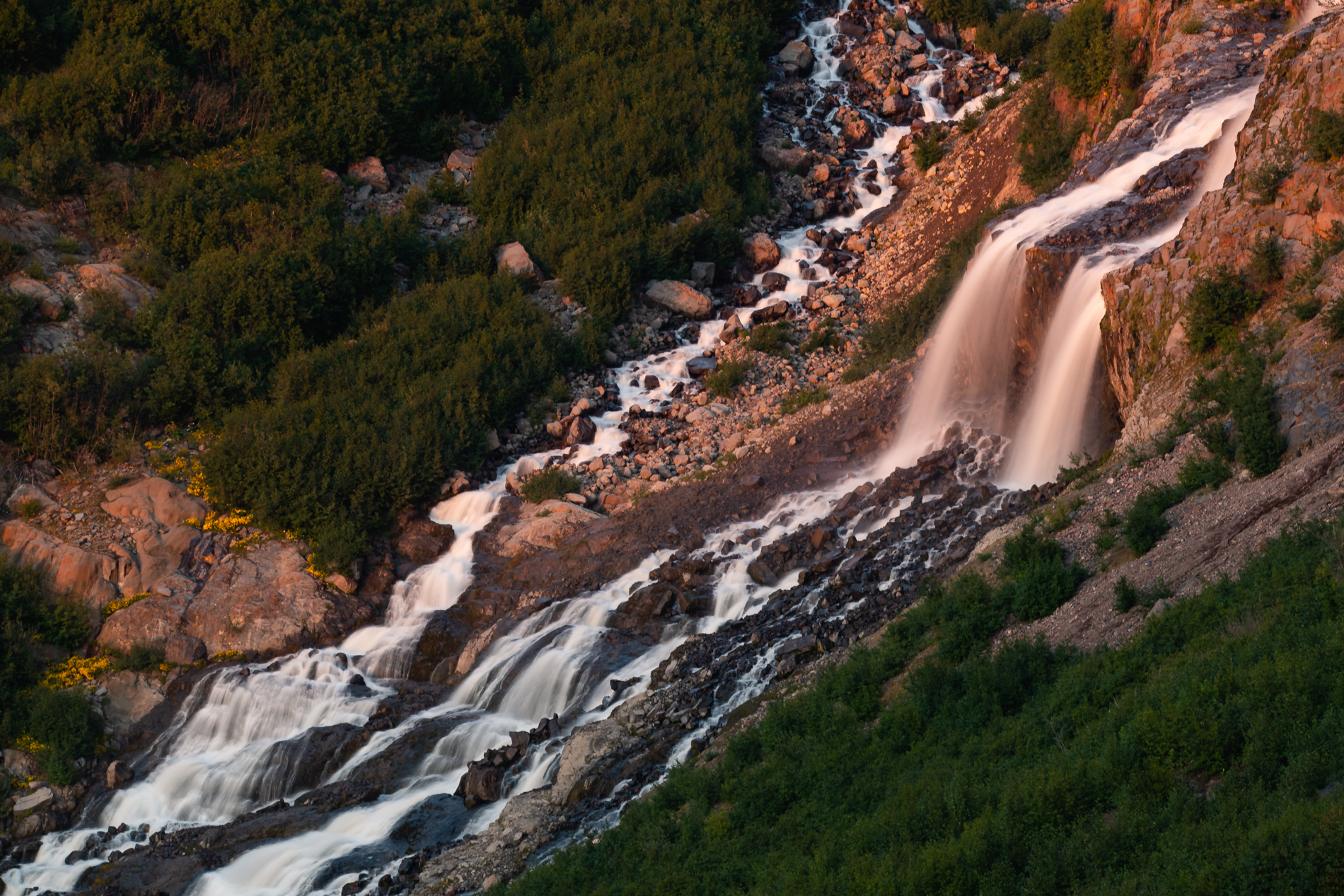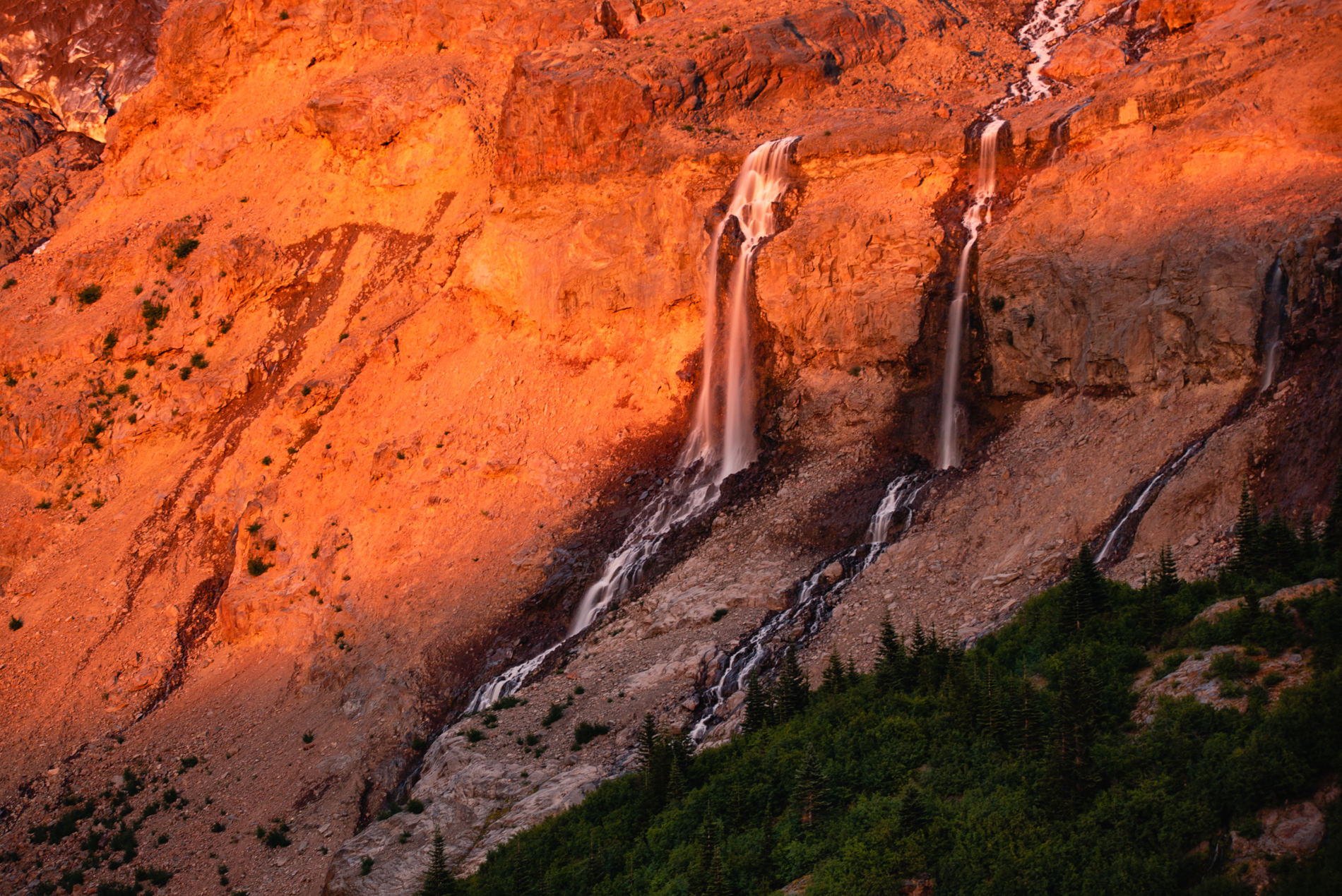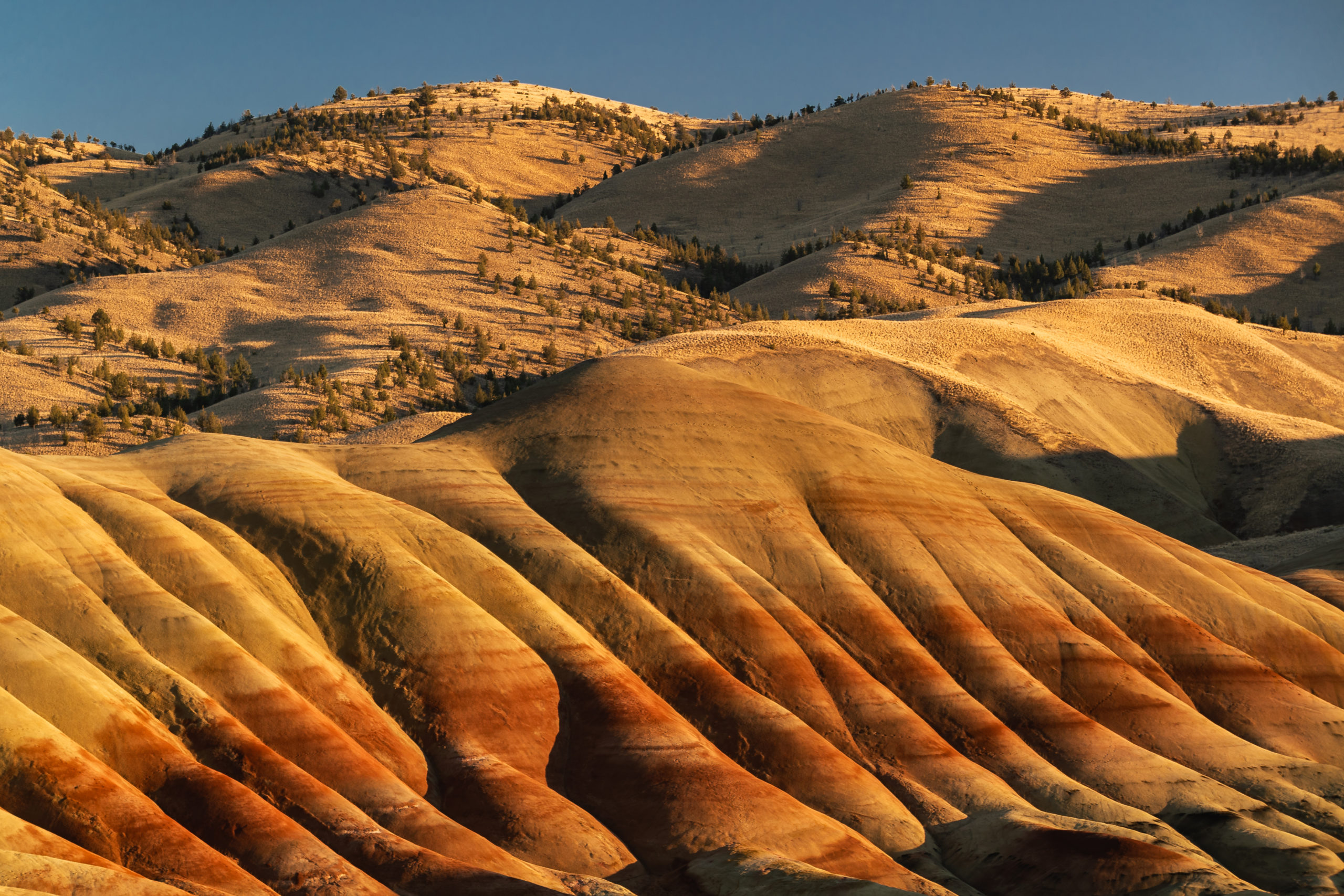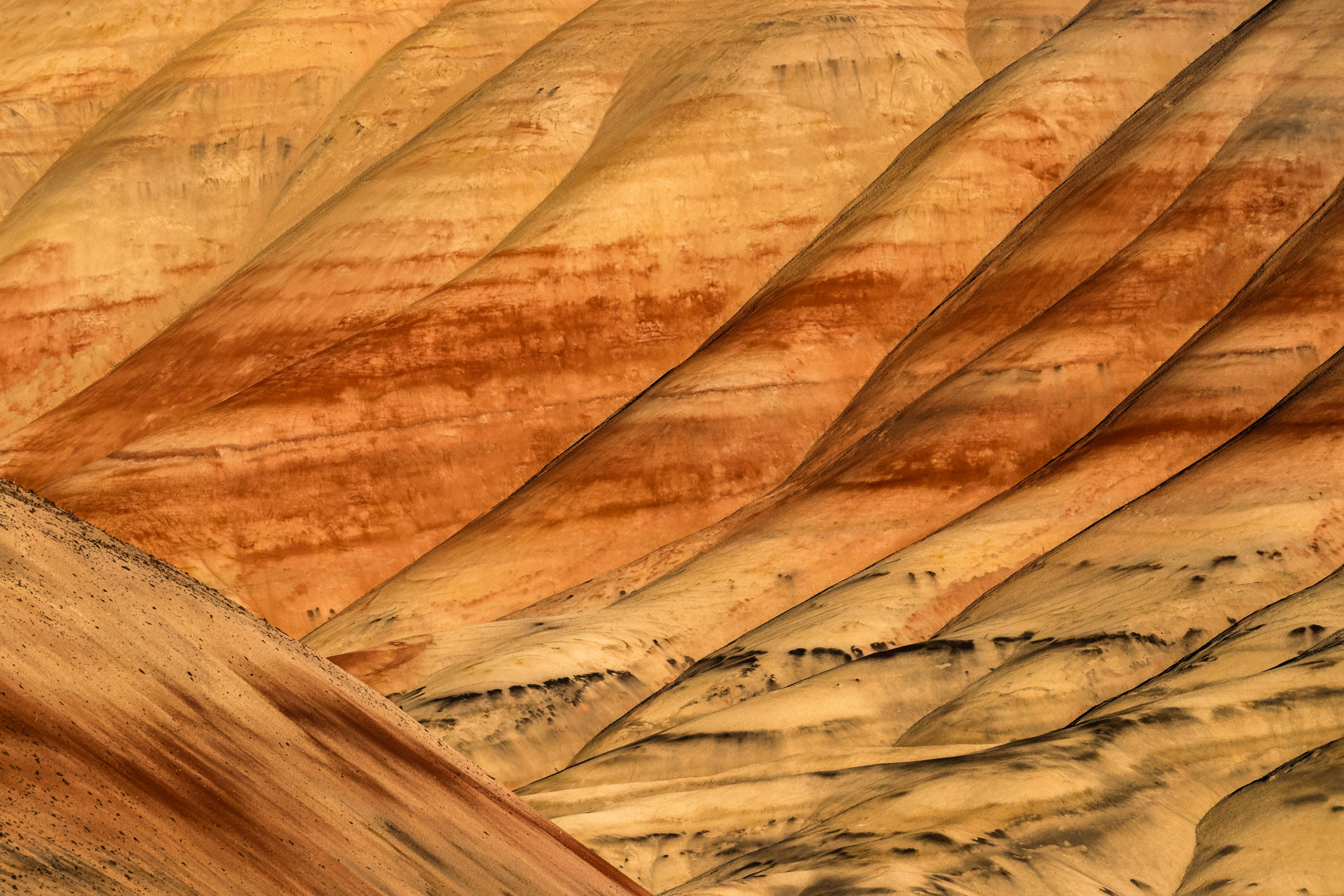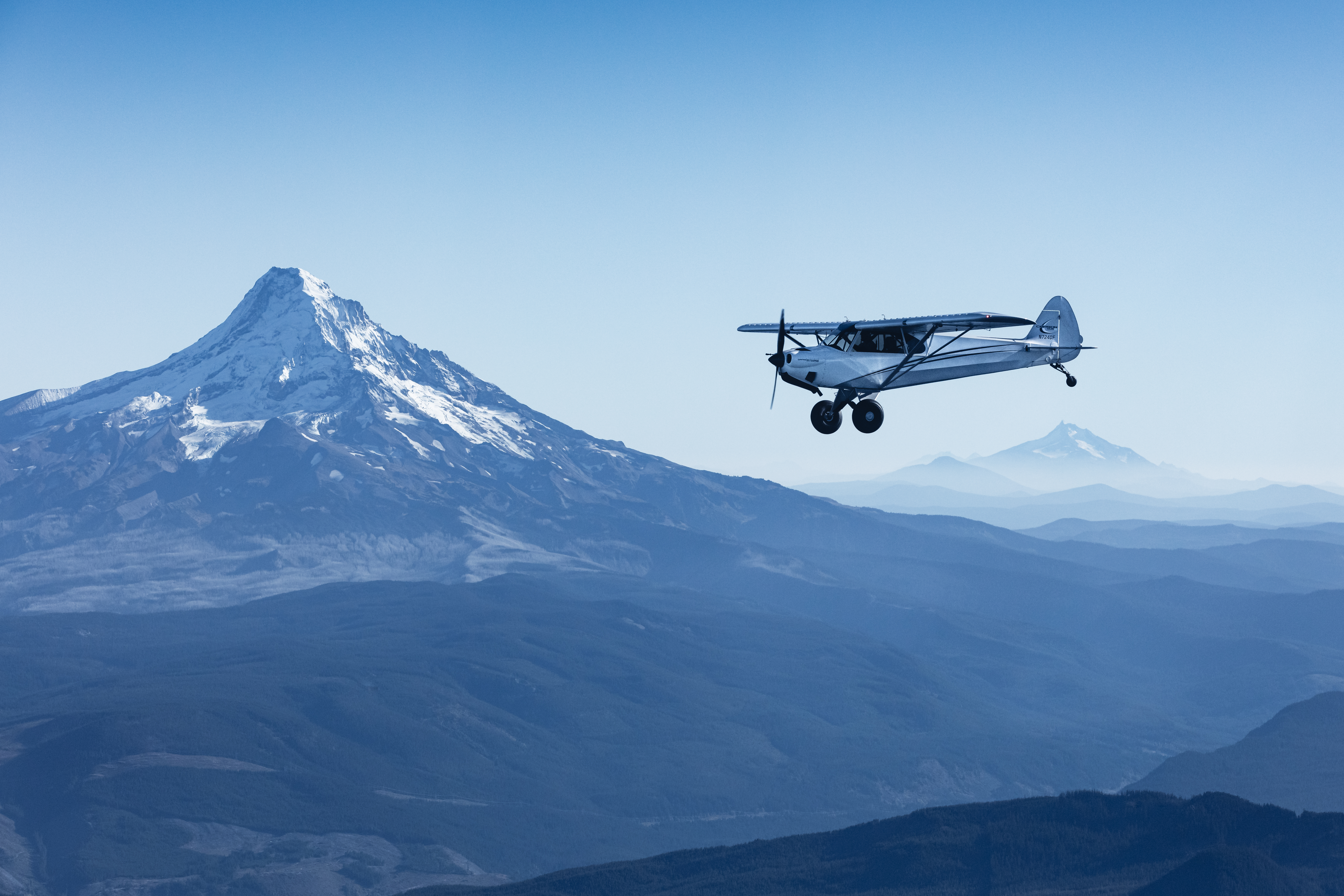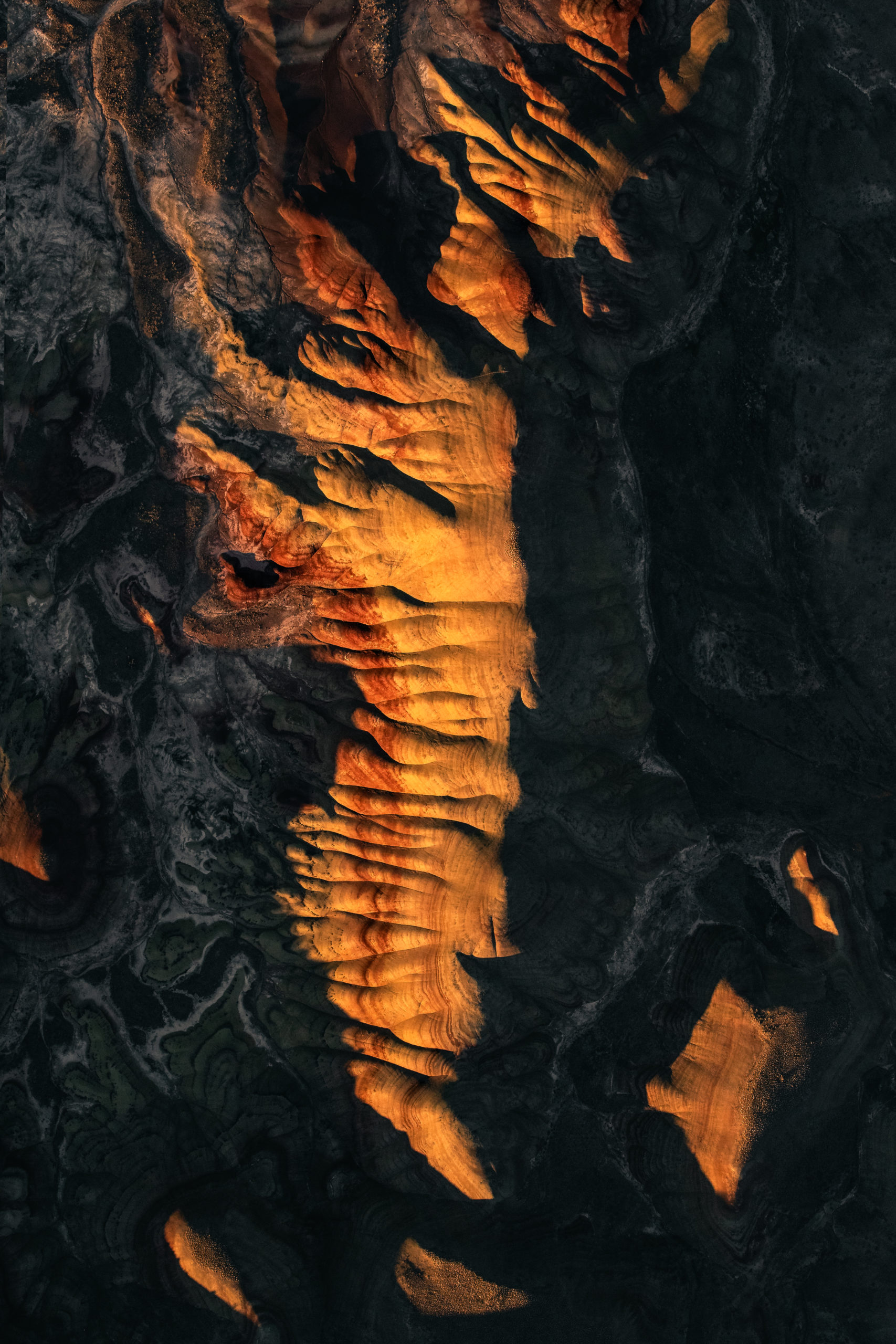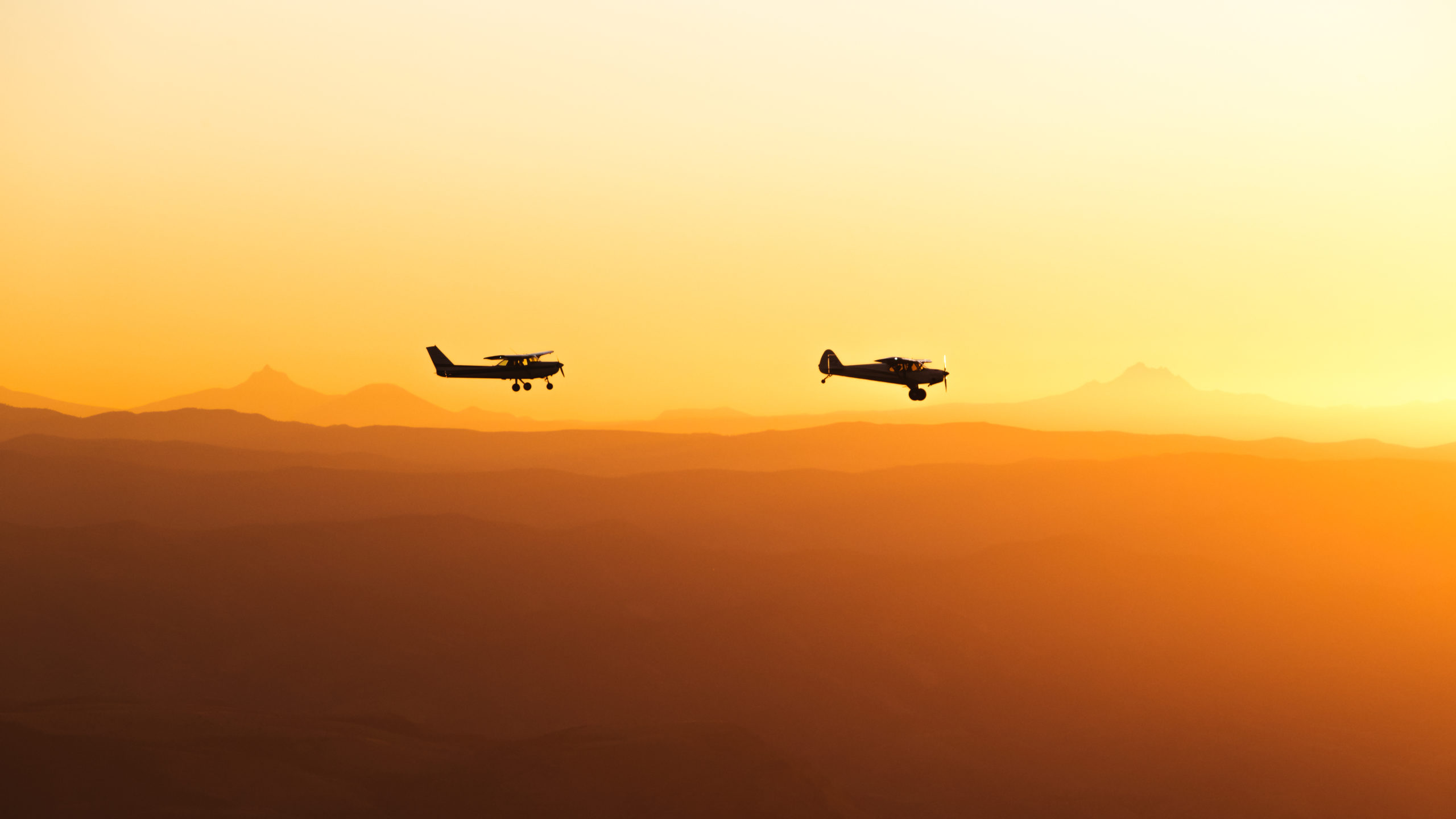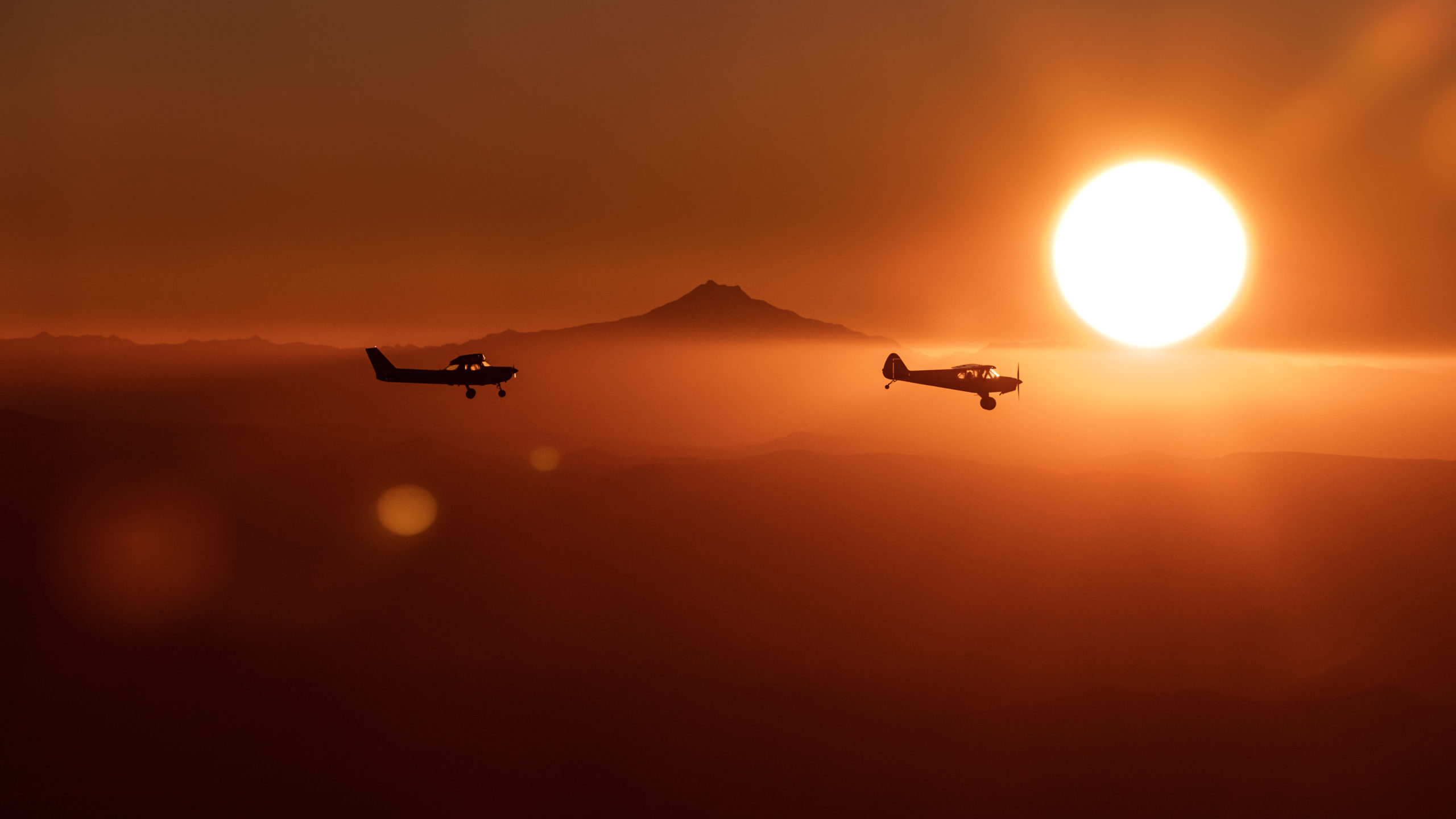Capturing a Glacier Timelapse Behind the Scenes of Nat Geo's 'America the Beautiful'
In the Spring of 2020, I had the opportunity of joining Wildstar Films and their production for National Geographic’s ‘America the Beautiful’ on Disney Plus. This marked my beginning in the world Natural History television production. It felt like a dream come true to be a part of! After a few months of capturing fog timelapse footage in the Pacific Northwest, a new assignment arose.
Towards the end of summer, joined my good friend Nick Grier (Cascade Camera Works) on Mount Baker’s Coleman Glacier capturing timelapse footage of subglacial movement over the course of two weeks.
Now, over two years later I look back on it still as one of my all time favorite projects and am excited to share some of the behind the scenes from this leg of production.

The landscapes in the distance surrounding our camp were incredible! I captured these images of waterfalls fed by meltwater from Coleman Glacier with a backup camera and telephoto lens that was not in use during a beautiful sunset.
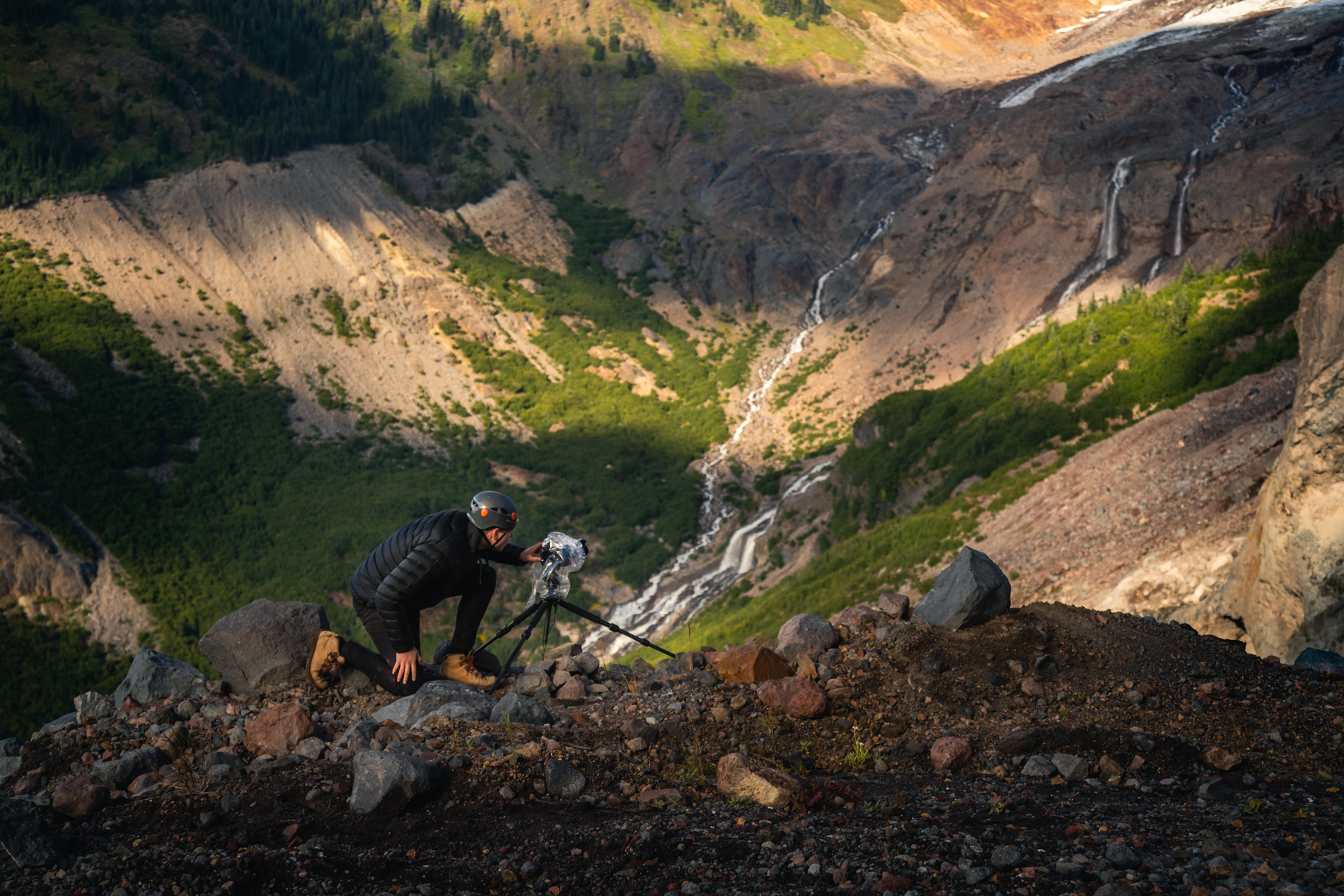
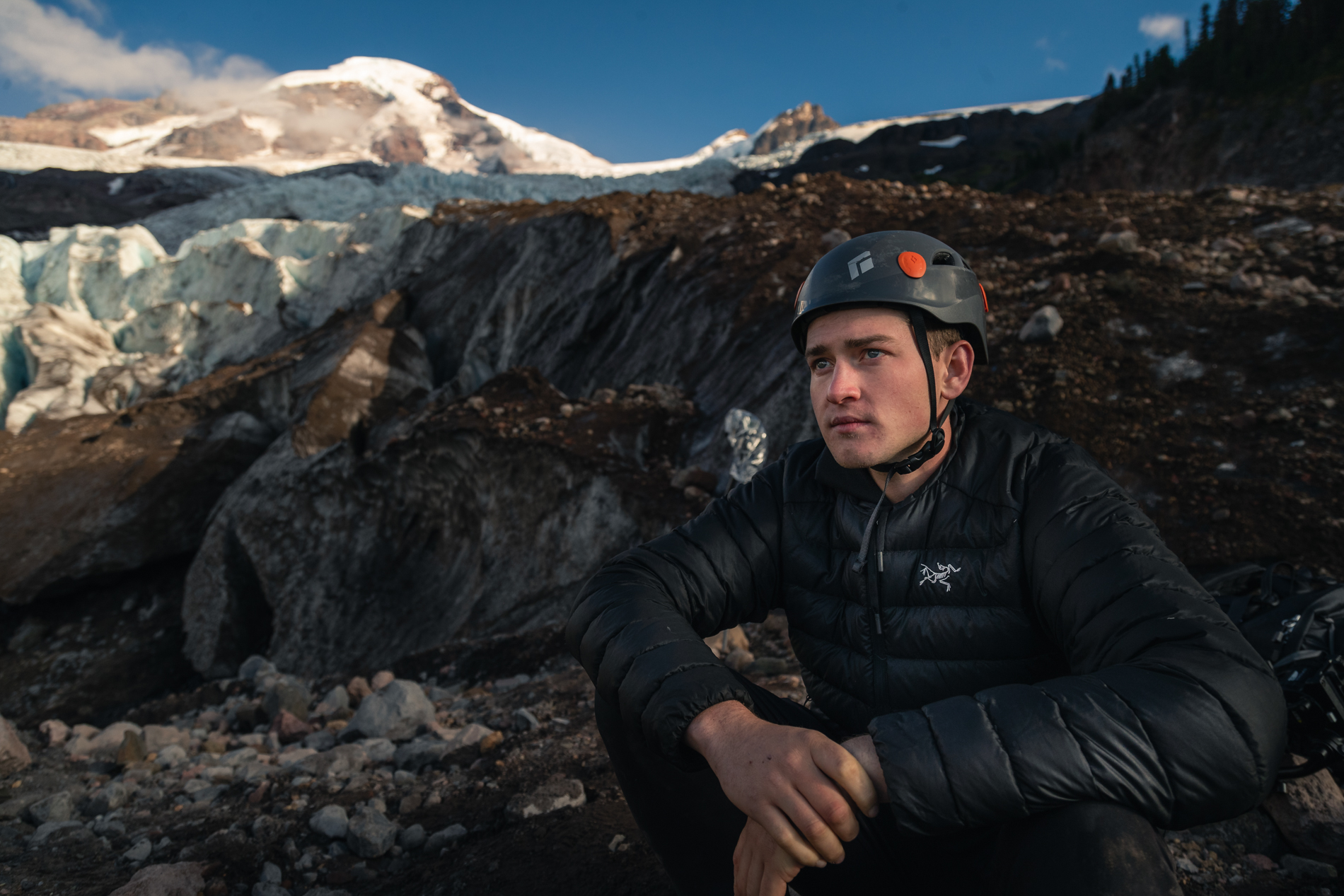
Aviation Photography Over Oregon
Recently, I set off on a flight with the goal of capturing an image that combines the aviation experience with one of Oregon’s most beautiful and unique landscapes; the Painted Hills. From an aerial perspective, the intricate striations, colorful patterns and overall history of the Painted Hills and John Day Fossil Beds become so apparent. The yellow portion in the hills are from a drier and colder period in time while the soil found in the red bands is actually from a more tropical point in time. Thanks to a team effort with several talented pilots, and a whole lot of planning, I was able to capture the following collection of aerial images in camera with zero compositing or layer blending.
In partnership with Dell, this behind the scenes film was produced which documents how I was able to create this photoseries. I hope you enjoy the making of film!
We began the flight from Twin Oaks Airpark near Hillsborough, Oregon and flew east towards Central Oregon. Within thirty minutes or so from takeoff, we had beautiful views of the Cascade Mountain Range. Although the light wasn’t quite ideal, I shot the image below of pilot Brody Fry’s Carbon Cub plane with Mount Hood & Mount Jefferson in the background.
After another hour or so of flying we stopped for fuel fuel at an airport and met up with a third pilot who would join us over the hills. Shortly after, we were above the hills with evening light beautifully illuminating the colorful patterns & striations.
After several failed attempts and a short amount of time until the light would leave the hills, the lower two planes finally looked as though their flight path would align with the landscape from my perspective another thousand feet above. In less than a second, the two planes crossed over the hills and I had the shot.
Shortly after, the light had left the hills and we refocused our efforts for sunset photography of the two planes with Mount Jefferson, Mount Hood & the Sisters Mountain Range far off in the background.
To process these images, I used Adobe Lightroom on my Dell XPS 17 with NVIDIA Studios’ RTX 2060 Graphics Card. Although my editing process was very minimal, the overall speed and capabilities of this system are truly impressive. Use your mouse to slide and see a before & after view of my editing process below.
